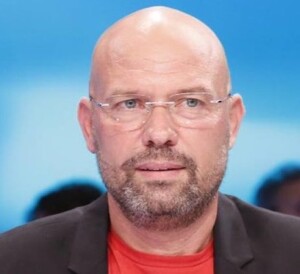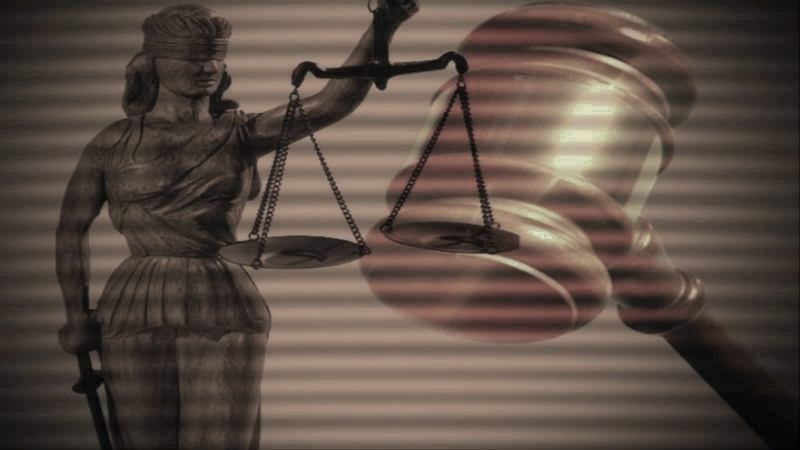This is an issue in Albania. The rule of law is conceived as law enforcement. The law is conceived as the rule of the majority. So, the rule of law becomes the rule of anyone that has the governing majority, the power.

Ylli Manjani
The discussion of how fair is the law in Albania is a luxury nowadays. The Parliament, which does not have any political balance, adopts laws according to the will of the one-party government. But also in the past when the government was not consisted of only one party, the Parliament approved 90% of the cases proposed by the government.
Only this statistical observation of the government dictating legislation is enough for one to understand that in Albania there is no rule of law, but it is ruled according to the law. If the laws are implemented as they are in paper. In fact, the implementation of laws is very much questionable, but let’s see it as if it is done 100%.
To continue further, the fairness of the laws is an issue that touches the core of rule of law in the country. Are the laws fair? Are they a reflection of the society, or they are simply the will of the political majority that is ruling the government and the Parliament? From a standpoint of distant observation, it can be concluded that the laws do not come as society’s need for regulation, but as a reading that the politics does to society. These two moments are not the same thing.
Alright, it is not society’s task to make laws, but how many draft laws were drafted in consultation with society?! Very few, not to say none. The citizens are rarely included in drafting laws.
The laws are dictated and drafted clearly by those that have the majority in politics. When the majority is one-party, the laws reflect the will of the party. Thus, judging by quality, it is rule of power and not of law. The power rules according to the laws that it dictates itself. The law, in this case, is not the right, but simply a way of ruling.
This way the Parliament becomes a public notary of the government’s will, and with this losing its function as a representative of the citizens.
The last few years there are more individual laws. Laws about individual concession contracts, and other laws that do not affect everyone the same but avoid applying existing norms of individual purposes – have become very common. The government also issues acts that avoid the implementation of normative laws.
This practice makes Albanian a dual country (according to the concept of Ernst Fränkel). At one side there are norms that should be applied to everyone the same, while at the other side the state avoids these norms by making specific or extraordinary laws. The specific laws bypass the normative laws of the country.
The issue of special laws or special measures is the dividing line among the rule of law as part of a democratic system and the rule according to the law where every autocracy and dictatorship finds justifications.
Therefore, the rule according to the law that is dictated by the power makes the society to live under the rule of power. In this case, the law and the power are the same thing. They are tools in the hands of the ruler and not instruments to regulate democracy.
When there is no rule of law, but it is ruled according to the law, the society lives in inequality and discrimination. Both of these are dictated by the law of the power that in order to rule it divides the people in political supporters and opponents. The latter also divided into those who can be “bought” and those that cannot be “bought” by the power. The law is very often implemented for the political opponents of the power, but not for the supporters of the power even when they break the laws. This syndrome is very common.
The independent judiciary should have treated these symptoms, but instead it has been non-existent and on the side of the power for the time that it existed.
Ylli Manjani has a broad experience in the public administration, international organizations and legal research institutions



Leave A Comment